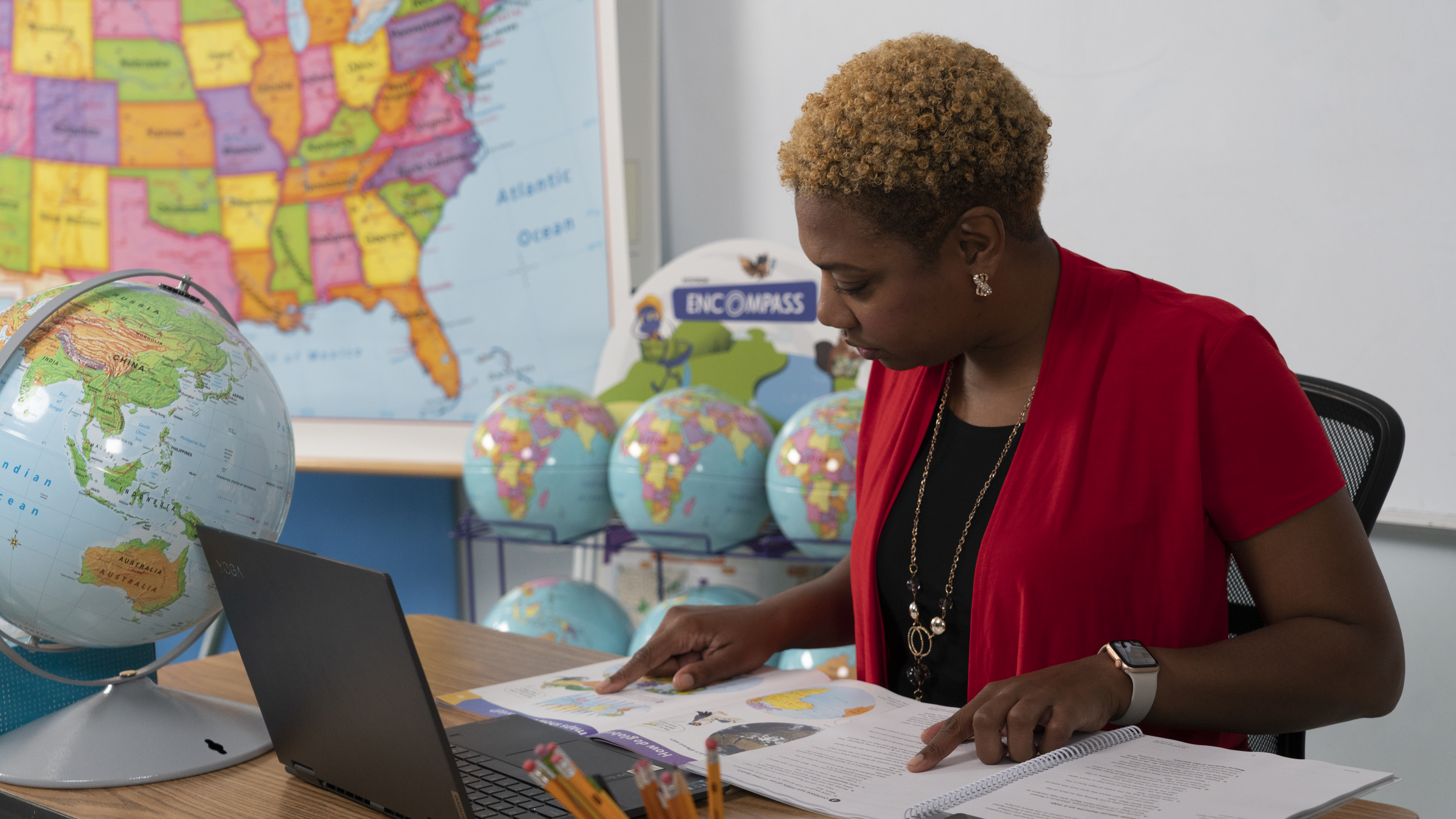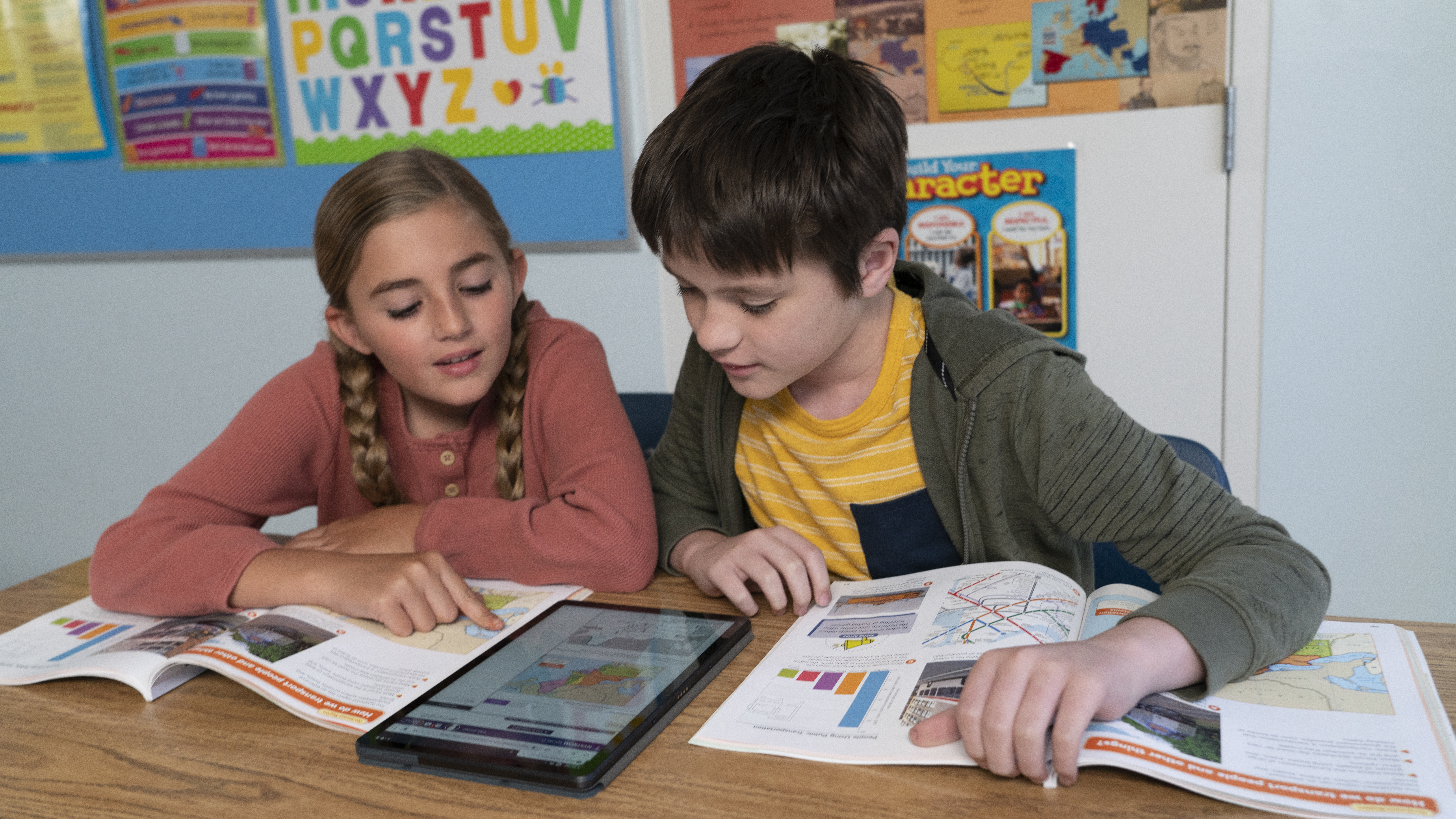
Social studies teachers possess a unique set of skills, knowledge, and perspectives that set them apart in the field of education! Whether in the elementary or secondary classroom, teaching social studies have a broad understanding of various disciplines such as history, geography, economics, political science, and sociology. This multidisciplinary knowledge allows social studies-specific educators to provide a comprehensive view of societies and cultures and uniquely incorporate current events into their curriculum to connect modern day and historical events.
There are many things that only educators who live and breathe social studies know! Our team at Social Studies School Service came up with a list of ten things that only those who chose to become social studies educators can relate to!
1. The Power of Primary Sources
Social studies educators understand the importance of using primary sources like letters, diaries, speeches, and photographs to bring history to life. These authentic materials provide students with a direct connection to the past.
2. Teaching Controversial Topics Requires Skill
Social studies teachers know how to navigate sensitive and controversial topics, such as slavery, war, and civil rights, in a way that encourages critical thinking and respectful discussion.
3. Geography is More Than Just Maps
Beyond memorizing capitals and locations, social studies educators recognize that geography encompasses the study of human-environment interaction, spatial relationships, and the impact of geography on societies.
4. A Multidisciplinary Approach is Key
They understand the interconnectedness of social studies with other subjects like literature, science, and math. They integrate these disciplines to provide a holistic understanding of historical events.
5. Global Perspectives Matter
Social studies teachers emphasize the importance of understanding world cultures, politics, and economies. They foster global citizenship by highlighting international issues and diverse perspectives.

6. Critical Thinking is a Core Skill
Social studies educators know that the subject is not just about memorizing facts, but about developing critical thinking skills like analyzing sources, evaluating evidence, and forming well-reasoned arguments.
7. Current Events are a Crucial Component
They recognize that staying updated on current affairs is essential for contextualizing historical events and helping students understand the relevance of the past to the present.
8. Fostering Civic Engagement is a Priority
Social studies educators aim to cultivate informed and active citizens. They teach the importance of civic responsibility, voting, and participating in democratic processes.
9. Understanding Historical Context is Crucial
Social studies educators know the importance of providing historical context when teaching about events, movements, or individuals. They help students grasp the broader societal, cultural, and political circumstances that shaped the past.
10. Adapting Curriculum for Diverse Learners
Social studies educators have experience in tailoring their teaching methods and resources to accommodate diverse learning styles, abilities, and backgrounds. They understand the importance of inclusivity and equity in education.
Learn about the ways Social Studies School Service can support your professional development
This listicle was written as a collaborative effort by the team at Social Studies School Service. It has been edited for clarity and length.